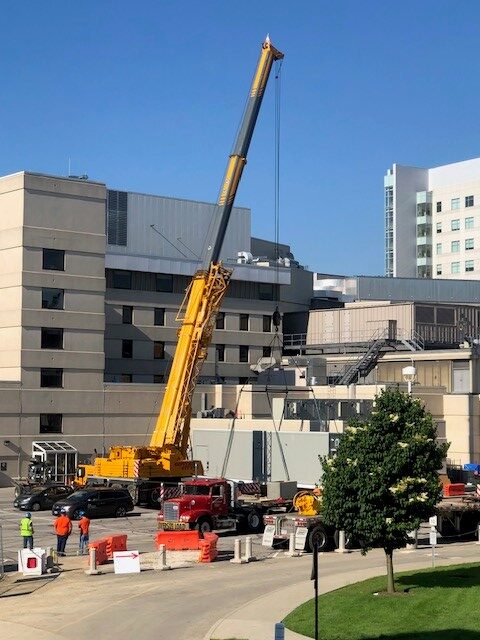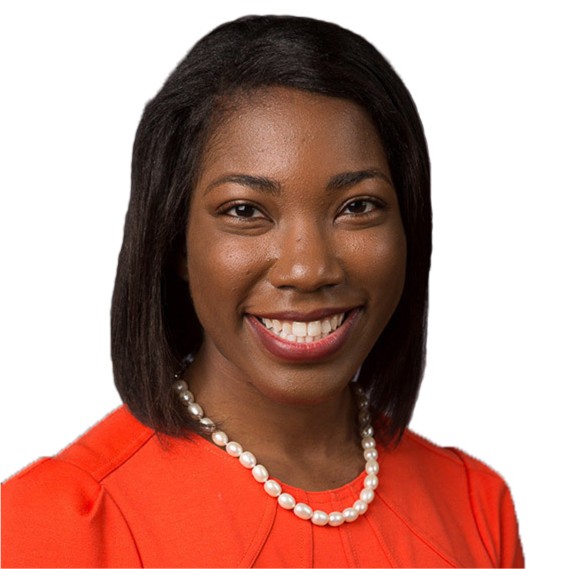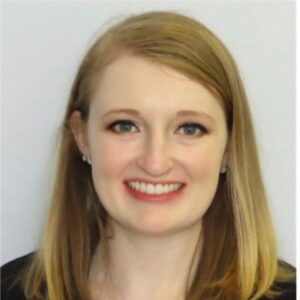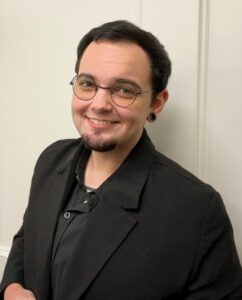Pharmacy Medication Safety and Compliance Administrator
Nationwide Children's Hospital

Please provide a summary of your job or research. What is an average day like? What are some duties performed?
I’m a pharmacist in hospital management who is responsible for:
• Tracking, monitoring, reviewing, interpreting, and communicating all aspects of existing, proposed, and newly enacted federal and state rules and regulations, and accreditation standards relative to the practice of pharmacy within the health system.
• Leading the development of policies and procedures and auditing practices related to applicable pharmacy accreditation standards and compliance with federal and state rules and regulations.
• Developing and implementing processes enterprise-wide (Inpatient, Ambulatory/Outpatient, Homecare) related to pharmacy that support the compliance program by: developing and implementing content for compliance education and training; conducting and overseeing compliance audits and investigations; conducting training and developing policies and procedures related to pharmacy; and serving as the expert on pharmacy compliance issues.
• Participating in and leading medication safety and clinical operations projects related to medication safety and compliance.
My average workday varies based on the hospital’s needs. I love the fact that every day is different – with a new challenge and a new opportunity.
What is your educational background and what prompted you to go this direction ?
I received a Bachelor of Arts Degree in Medicine, Health, and Society from Vanderbilt University, a Doctorate of Pharmacy Degree from the University of Tennessee College of Pharmacy, and a Master’s Degree in Health-System Pharmacy Administration at The Ohio State University. I also completed two-year residency training in Health-System Pharmacy Administration at Nationwide Children’s Hospital.
My passion for STEM began at a young age. Seeing my potential, my parents purchased me a several kits – from candy making to telephone building. Because they fueled the spark, I began attend summer programs focused on science, then healthcare. Walking inside the hospital for the first time, I knew this is where I wanted to work. Then, I met my first hospital pharmacist and learned that medications (from fluids and inclusions to tablets and oral solutions) impact almost every patient in the hospital at any given time. To me, it was the best of both worlds – using STEM for the good of patients, especially pediatric patients. There was no going back after that. Now, I’m more committed than ever to continue to build on my STEM background to keep patients safe and our processes compliant to countless regulations.
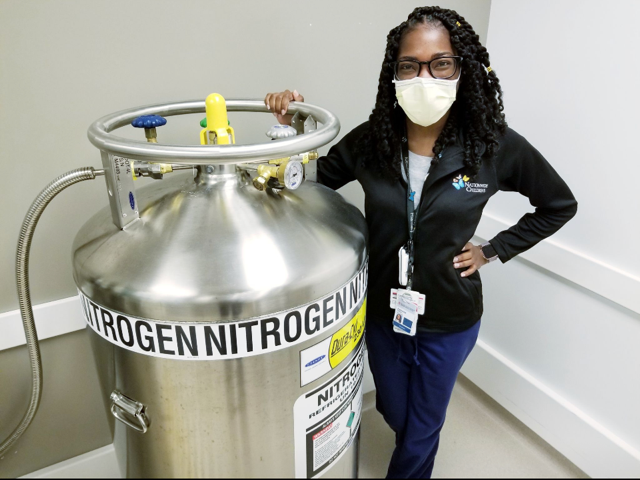
What have you struggled with or overcome in your educational path or life path to get to this point?
I struggled with not seeing may people that looked like me in positions that I was interested in. Even during my first hospital exploratory experience, I noticed quickly that even though I wanted to pursue a career in healthcare, there weren’t healthcare professionals that looked like me or were women in leadership positions. This did not discourage me – I just knew that I would have to pave my way. Thankfully, I had a strong support system and passion to end up where I am today. Because, I know the importance of such a support system, I dedicate myself to inspire and support the next generation of healthcare professionals and leaders.
What is the best part of your job/research?
I love every component of my job. Hospital pharmacies require a LOT – there’s sterile compounding (medications given through your veins), non-sterile compounding (medications given by your mouth or other locations), and hazardous compounding (medications like chemotherapy), We are responsible for compounding and dispensing medications for kids in need. These meds, along with other non-medication related treatments, help kids leave the hospital and live a normal life. My role champions keeping patients safe and ensuring every medication we prepare is done correctly, appropriately, and safely. I also advocate on a local and national level to help our pharmacists and pharmacy technicians advance how we practice and protect our profession. Because of this, the best part of my job is having a significant impact on our patients, our department, and our organization.
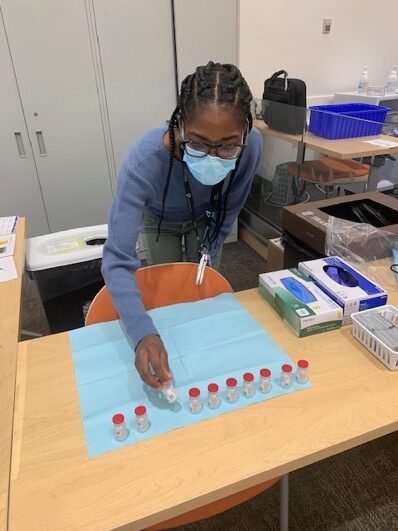
What is the worst part?
The worst part is seeing the devastation of employees that make a mistake. It is HUMAN to make a mistake. However, when someone does – it impacts them because they didn’t intent to and they care about their work and what they do for our patients. A part of my role is talking with the team member about a mistake, and rechanneling our focus from the HUMAN part of the mistake to the SYSTEM. I move us to focus on what system or process changes we should implement to set them (and their team) up for success.
What’s the most exciting part of your job?
The most exciting part of my job is being able to fix problems – using strategy, critical thinking, collaboration, communication skills, and STEM background.
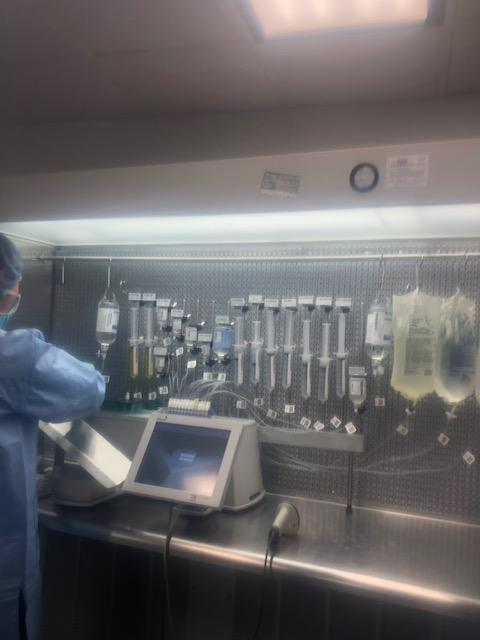
What has changed about your profession in the past ten years?
In the past 10 years, a lot had changed in how we practice pharmacy. A large driver of that is new rules, laws, and regulations. Such rules, laws, and regulations continue to change and we have to change with them or we’ll get left behind. A big example of that is back in the day, we use to use PAPER medical records in hospitals. Now, we use electronic health records that enhancing safety functionalities, documentation, and communication with our patients (ex. myChart).
What do you think will change in the next ten?
In the next 10 years, I believe there will be an introduction of AI in our day-to-day pharmacy operations. It would be used to enhance how we work for medication preparation and delivery.
